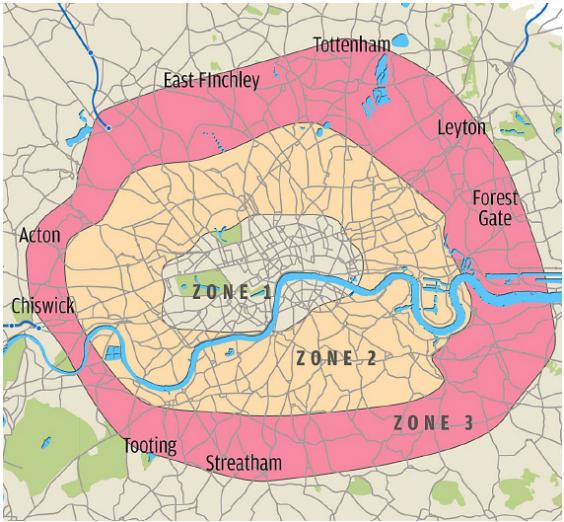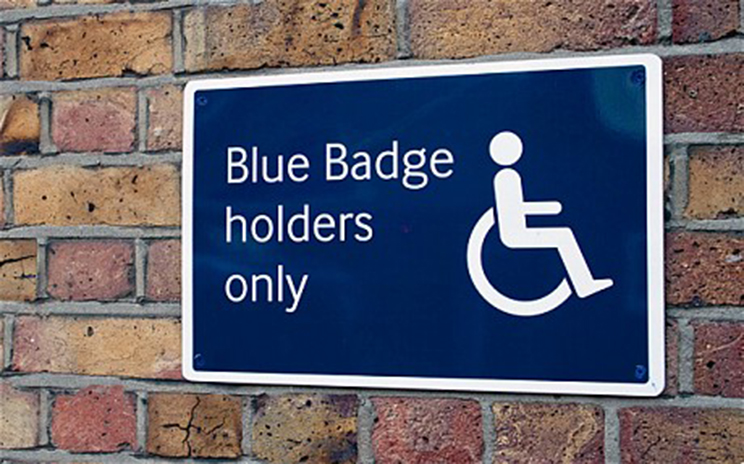Death Rate Britain Lagging On Life Expectancy
Alcohol, tobacco and obesity are factors that cause younger briton’s death.
Britons are more likely to die early than people in most wealthy nations, research suggests – and experts are warning the gap is widening.
The statistics showed that UK is now 14th out of 19 Western countries for life expectancy.In 1990, Britain ranked tenth in a league table – with Alzheimer’s disease, cirrhosis of the liver and drug use disorders being blamed for our falling position.
The research was published as Health Secretary Jeremy Hunt prepares to address a “shocking underperformance” that is costing 30,000 lives every year.
Co-authored by Public Health England, the Global Burden of Disease Study, published in the Lancet journal, looks at the state of health in the 15 original members of the EU along with Canada, Australia, Norway and the US.
The study carried out in 1990 was compared with the one made in 2010.
In these 20 years, life expectancy has increased in the UK – by an average of 4.2 years to 79.9 years – but it has failed to keep pace with other nations.
While we are living longer, we are experiencing longer periods of ill health and disability.
The UK is now below average compared with 18 other countries on many important indicators.
One of the main factors in people’s health in the UK is tobacco which accounts for 12% of the disease burden, followed very closely by high blood pressure and high body mass and then physical inactivity, alcohol and poor diet.
As a result, early death rates have not reduced among 20 to 54-year-olds for 20 years.
Over theyears there have been improvements in cancer research and road safety, procedures and many medical advanced.
Among all age groups, drug disorders have risen nearly six-fold.
Co-author Professor Kevin Fenton said the report was a “wake-up call and an opportunity”.
He said: “While it’s encouraging that overall the health of the UK has improved substantially since the last report the pace of improvement is not enough.”
Across all ages, the top eight diseases causing the most years of life lost in the UK remain largely the same as those reported in 1990. In this right order are: these are heart disease, lung cancer, stroke, chronic obstructive pulmonary disease, lower respiratory infections, colorectal cancer, breast cancer and self-harm.
Prof Fenton said there needed to be more focus on prevention as well as “high quality and accountable” clinical care.
The Health Secretary has previously pledged to cut the number of avoidable deaths from cancer, heart disease, strokes, respiratory and liver disease.
He now wants more people to be trained to use defibrillators and conduct CPR, while relatives of people who have died from cardiac conditions will get tests to see whether they too are at risk.
Mr Hunt said: “Despite real progress in cutting deaths we remain a poor relative to our global cousins on many measures of health, something I want to change.
“For too long we have been lagging behind and I want the reformed health system to take up this challenge and turn this shocking under-performance around.”
Co-author Professor John Newton, chief knowledge officer at Public Health England, said: “We should be proud that life expectancy in the UK has increased as much as it has since 1990, but we need to make sure that these extra years are healthy ones.”









